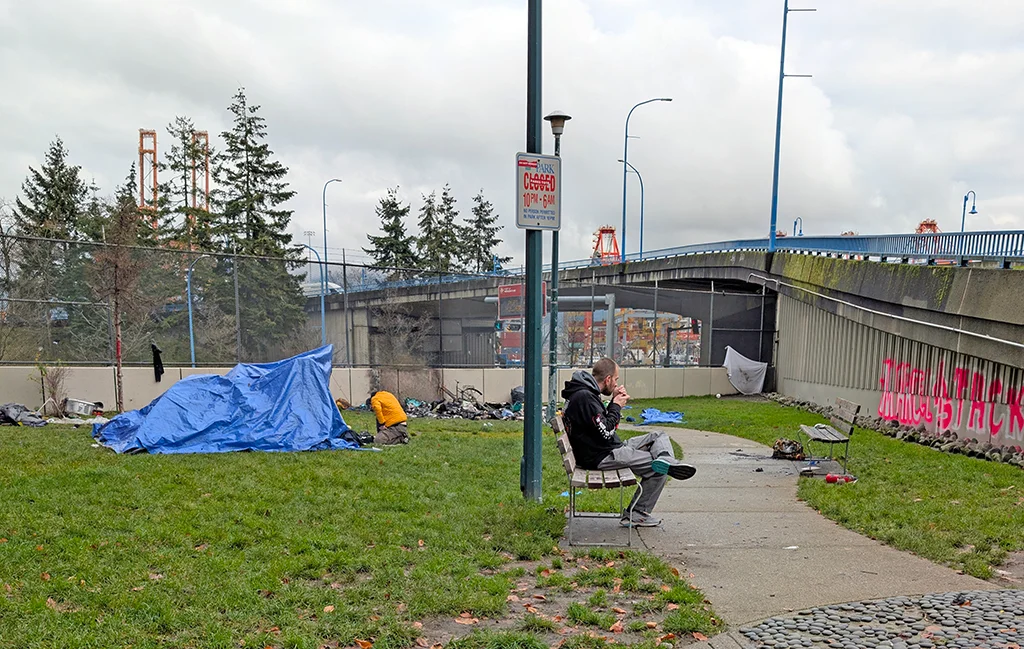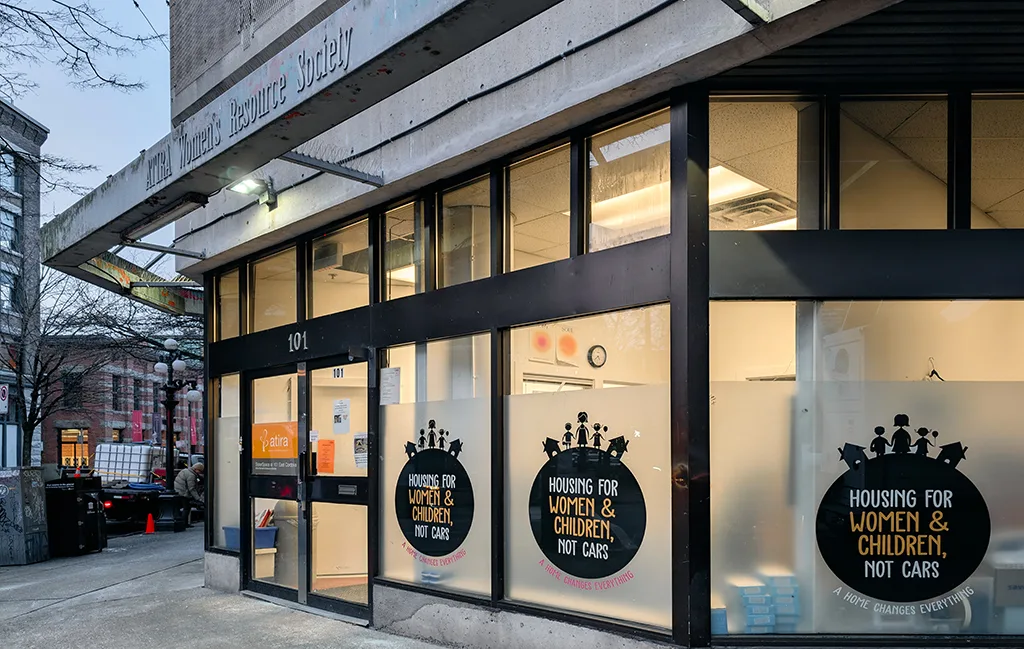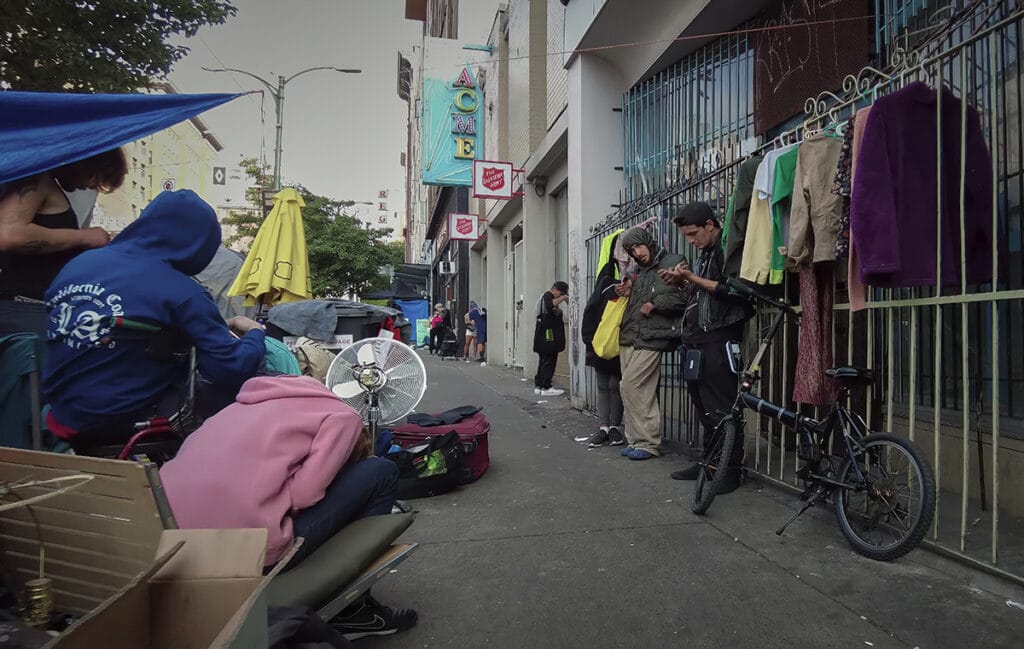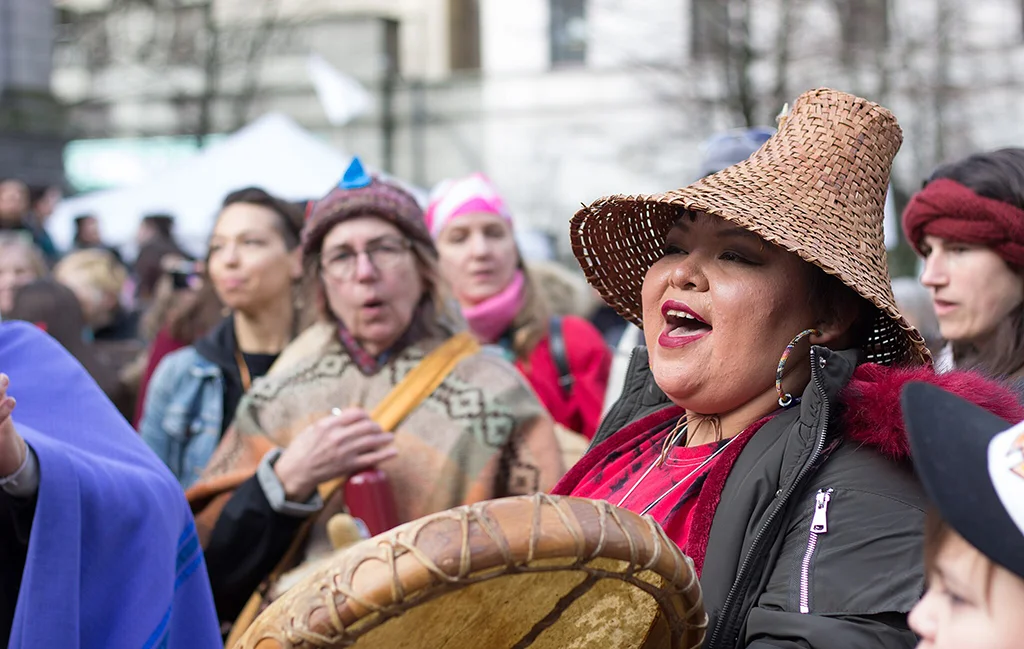The City of Vancouver is facing a lawsuit over its daytime ban on outdoor sheltering, a policy that has drawn significant criticism from legal experts and human rights advocates. Filed in the BC Supreme Court by the British Columbia Civil Liberties Association (BCCLA) alongside three unhoused individuals, the lawsuit challenges city bylaws prohibiting daytime sheltering in parks and public spaces. The plaintiffs argue that these restrictions violate constitutional rights, exposing those experiencing homelessness to harm, including extreme weather, loss of personal belongings, and psychological distress. This legal battle underscores the broader tensions between urban governance, public space management, and the realities of a deepening housing crisis.
The Case Against Vancouver’s Ban
The lawsuit argues that the city’s bylaws infringe on Sections 7, 12, and 15 of the Canadian Charter of Rights and Freedoms. Section 7 guarantees the right to life, liberty, and security of the person, which the plaintiffs claim is compromised by forcing unhoused individuals to dismantle their shelters each morning. Section 12 protects against cruel and unusual punishment, and the plaintiffs contend that repeated displacement and confiscation of personal belongings meet this definition. Section 15 prohibits discrimination, and the claim argues that the bylaws disproportionately affect women, trans and non-binary individuals, and those with disabilities, exacerbating their vulnerability.
The plaintiffs include Lindsay “Zee” Roy, a former educational assistant with a disability; Jason Rondeau, a man with significant mobility issues; and Brittany Littlejohn, an Indigenous mother and overdose prevention worker. Each of them has experienced repeated evictions from public spaces, loss of belongings, and health deterioration due to the enforcement of the ban. The BCCLA asserts that the city is violating fundamental human rights by criminalizing daytime sheltering without providing adequate alternatives.
Homelessness and the Shelter Shortage in Vancouver
The latest Point-in-Time Homelessness Count recorded 4,871 individuals experiencing homelessness in Metro Vancouver in 2023, with approximately 2,420 of them within city limits. However, the number of emergency shelter spaces falls significantly short of demand. As of 2023, only 1,400 permanent and temporary year-round shelter beds were available in Vancouver, meaning that even at full capacity, over 1,000 people remain without access to indoor shelter.
Further complicating the issue, many shelters have barriers that exclude potential occupants. Some spaces restrict access based on gender, do not accommodate people with disabilities, or impose conditions that make them unfeasible for individuals with mental health challenges. Women, trans, and non-binary individuals are particularly affected, as they often face increased risks of violence in shelter settings that lack gender-specific accommodations. With limited alternatives, the ability to maintain shelter outdoors remains a necessity for many, yet the city’s policies actively obstruct this option.
A Pattern of Legal Challenges
This lawsuit is not the first time Vancouver’s policies toward unhoused individuals have been contested in court. The city’s approach has faced multiple legal challenges over the years, including Victoria (City) v. Adams in 2008 and Abbotsford (City) v. Shantz in 2015. In both cases, BC courts ruled that blanket bans on public sheltering violated constitutional rights when alternative housing options were insufficient. These rulings established legal precedents affirming that cities must accommodate the basic survival needs of those experiencing homelessness when indoor shelter is unavailable.
CRAB Park residents have also previously complained to the BC Human Rights Tribunal. The complaint alleges that the City of Vancouver and its Park Board have discriminated against Indigenous residents and those with disabilities by failing to provide essential services, such as proper sanitation and shelter. The Tribunal has agreed to fast-track the case, giving both sides a chance to resolve the issue through mediation. For those living in CRAB Park, the lack of access to essential services like washrooms and electricity has worsened an already difficult situation. Advocates for the homeless argue that the city’s neglect of these crucial needs has compounded the problem, making it harder for residents to live with dignity while they wait for more permanent housing solutions.
The Impact of Vancouver’s Enforcement Practices
Daily street sweeps have become a contentious element of the city’s approach to homelessness management. City staff and law enforcement officers regularly remove outdoor shelters, confiscating tents, sleeping bags, and personal belongings. The plaintiffs argue that these sweeps result in the loss of critical survival items, including identification documents, medications, and personal effects of sentimental value. The city maintains that these actions are necessary to ensure public order and accessibility of parks and sidewalks. Still, critics argue that the practice amounts to systemic cruelty, forcing individuals into a cycle of displacement and instability.
Evidence submitted in the lawsuit highlights the health risks associated with these practices. The forced removal of shelter increases exposure to extreme weather conditions, leading to higher incidences of hypothermia in winter and heat exhaustion in summer. The stress of displacement also exacerbates mental health conditions, particularly among individuals with post-traumatic stress disorder (PTSD) and other psychiatric disorders. For individuals with disabilities, the physical burden of repeatedly relocating their belongings further contributes to declining health and mobility.
Vancouver’s Policy Reversal and Public Debate
Amid mounting legal challenges and public scrutiny, the City of Vancouver rescinded its only designated daytime sheltering area in CRAB Park in November 2024, eliminating the last legal option for unhoused individuals to remain in one place during the day. The city’s rationale was that the encampment had grown beyond manageable levels and that additional housing supports had been available. However, advocacy groups contend that these measures fall far short of meeting the actual needs of the unhoused population.
Public opinion on the issue remains deeply divided. Business owners and residents cite concerns about safety, public sanitation, and the impact of encampments on local communities. Advocacy groups, however, emphasize that criminalizing homelessness does not solve the crisis but rather exacerbates it. Legal experts argue that Vancouver’s enforcement practices are unlikely to withstand constitutional scrutiny, given the precedent set by previous cases.
The Future of Homelessness Policy in Vancouver
The outcome of this legal challenge could significantly impact the city’s approach to managing homelessness. If the court rules in favour of the plaintiffs, Vancouver may be required to amend its bylaws to provide lawful options for daytime sheltering. Such a ruling could also influence policies in other Canadian cities facing similar challenges.
As homelessness rates continue to rise, the legal, ethical, and practical questions surrounding encampments and public space management will remain at the forefront of policy discussions. Whether through court rulings or legislative reform, the issue demands a response that balances public order with fundamental human rights. The lawsuit now before the court is not just a legal dispute but a reflection of the broader failure to address housing insecurity in one of Canada’s most expensive cities.
Glenn is dedicated to scrutinizing government actions affecting the Downtown Eastside and holding those in power accountable for their commitments. With a focus on transparency and policy analysis, his writing aims to expose gaps between promises and outcomes, pushing for meaningful changes that benefit the community.







Leave a Comment